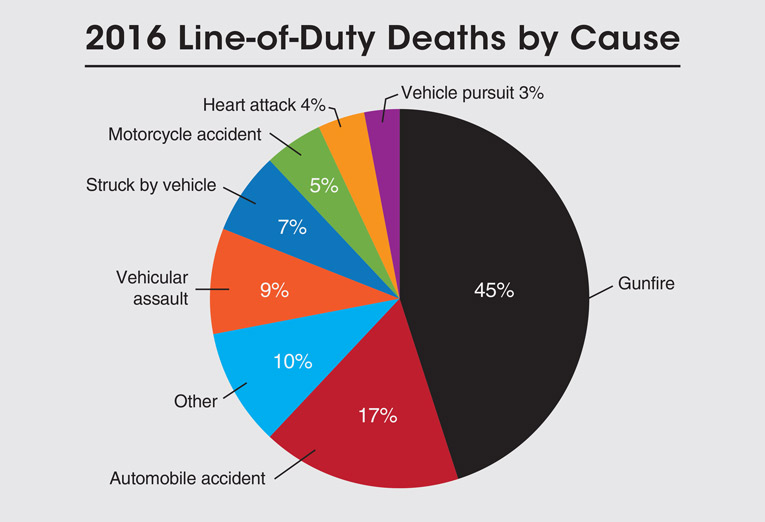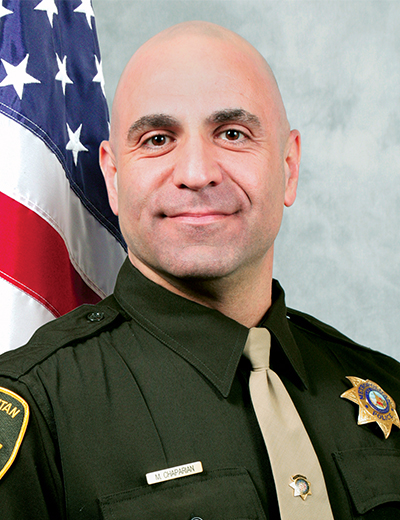
President
As your PPA representatives, we attend several hundred IAB interviews a year. Prior to all interviews, you should have a conversation with your representative about the case. At this pre-interview meeting, your rep should discuss with you some of the things that will occur during the interview. The rep should tell you about your rights as a peace officer and explain how the interview questioning should go. A subject officer is different from a witness officer. As a witness officer, everything being asked of you will be based around the accusation against the subject officer. No questions should be asked of you that would lend to you making statements about yourself that could result in you being a subject. As a subject officer, you are the one whom the investigation is focusing on. This case is either going to end with you being sustained or not sustained. If sustained, you will receive some form of discipline. As a subject officer, it is very important to have the pre-interview meeting with your rep. You need to understand your rights as a peace officer as well as understand how the interview is supposed to go. You should not be asked questions that are outside the scope of the notice.
We at the PPA have seen an alarming new trend with the Internal Affairs section. More and more, the investigators are asking officers “opinion” questions. First and foremost, we have a huge issue with this type of questioning. Detectives and supervisors in IA are trying to use witness officers to cement their case by asking questions like, “In your opinion, would you have done this?” or “If you were in this officer’s position, would you have used that same tactic?” What this in turn does is puts you, the witness officer, on the front page of their summary, alluding to the fact that you would not have done what this officer did — and then they use that to sustain your fellow officer. It puts you in a position, if and when the subject officer grieves the case, where you basically sustained them for the IA team with your “opinion.”
It becomes even worse for the subject officer. I have personally sat in an interview where the subject officer was asked, “Do you think your actions were appropriate?” Other reps have had similar questioning to include, “Do you feel you lived up to the ICARE values?” or “Were your actions conduct unbecoming of an officer?” As this style of questioning has happened more and more, I don’t even know why they have a standard interview anymore. Why doesn’t IA just start the tape, give their preliminary statements and ask the following: “Should you be sustained for ______ ?” (Input whatever section of the matrix you like.) That is basically what they are doing with their current line of questioning; I don’t know where this type of questioning came from. Maybe it’s just easier for the IA team to do their sustainment because they got you to admit on the record that you did indeed violate a Department policy. First and foremost, every notice for a subject officer includes the specific allegation being investigated. It also says, “You will be questioned about your knowledge, actions and conversations related to the above-listed allegation.” Nowhere does it say, “You will be questioned about your opinions, beliefs and moral position of the above-listed allegations.”
I referenced “moral position” above. That’s also a problem we are seeing. When there was no policy, SOP or law you violated, IA starts to turn into the morality police and will sustain you for how they “feel” about what occurred. No fact basis, other than asking other witnesses, “Would you have done this?” or your own statement to the question, “While you violated no specific policy, do you think you should have done this?” This is another disturbing issue with how interviews are being done in IA.
Because of NRS 289, IA has rules that they are supposed to follow. It is the nature of the beast in regard to an interview of a police officer. IA should be asking specific, fact-based questions in their interviews and then putting all of the facts together — not opinions — and then either sustaining or not sustaining an officer, not asking you those opinion questions when they see that their investigation hasn’t yielded much. It is for these reasons that you must meet with your rep before an interview, whether you’re a subject or a witness. Ultimately, no matter what is asked of you, or how much your rep objects to a line of questioning, if ordered to do so during the interview, you must answer. It is our job to fight those issues for you later on in the process. However, if you prepare before the interview, you will be better suited to respond to questions. Not preparing for an IA interview is like taking an oral board and doing no studying and then expecting to rank No. 1 on the board. It just won’t happen.
The first step in knowing what is going to happen in your interview is to know who is doing your interview. There are teams in IA that ask these opinion questions, and there are some teams that stick to just the factual questions of the allegations at hand and don’t veer off the notice. Either way, you need to prepare and prepare correctly. Your rep will help prep you for possible questions they feel may be asked of you. Talk to your rep, understand the process and get ready for your interview.



